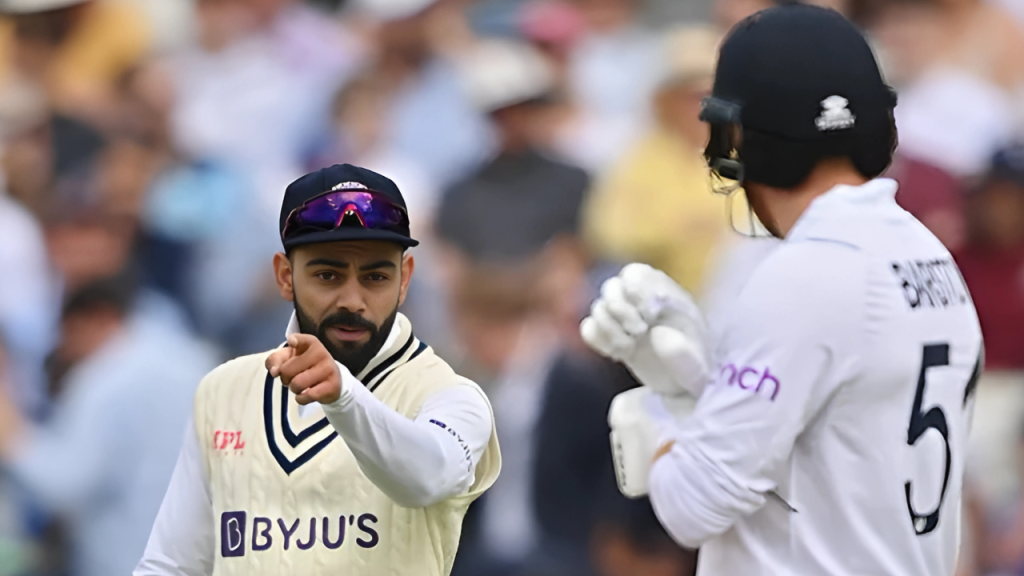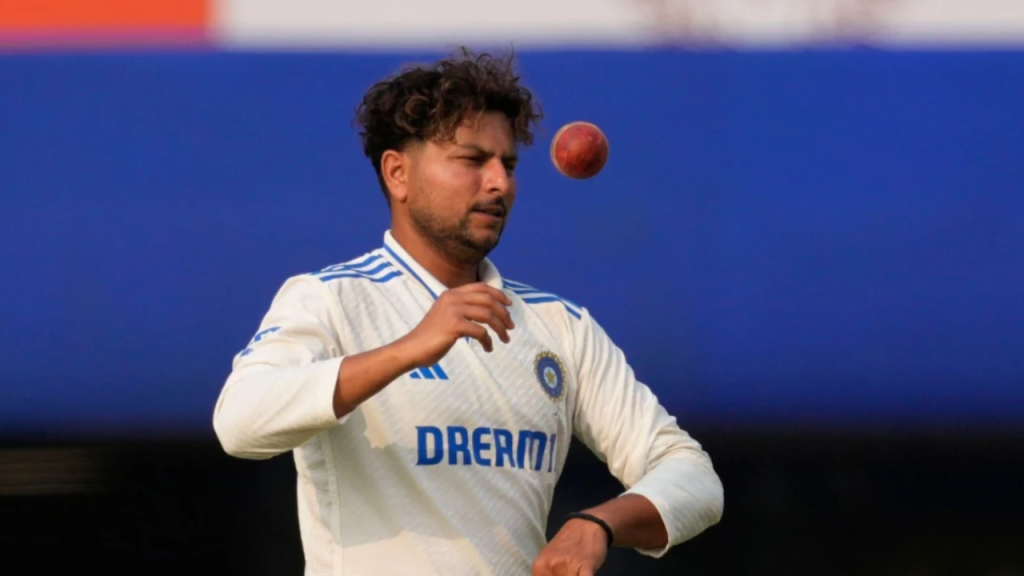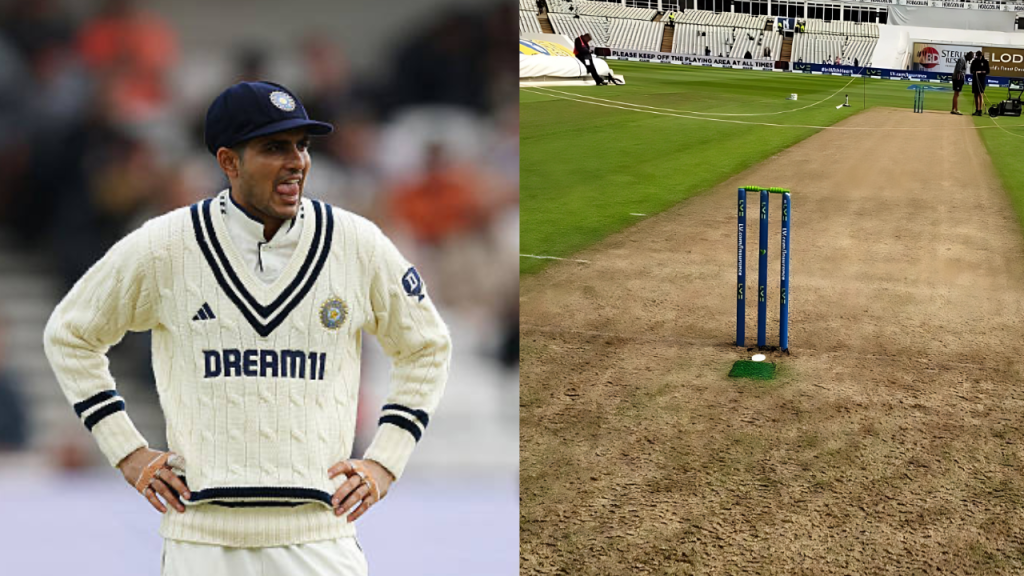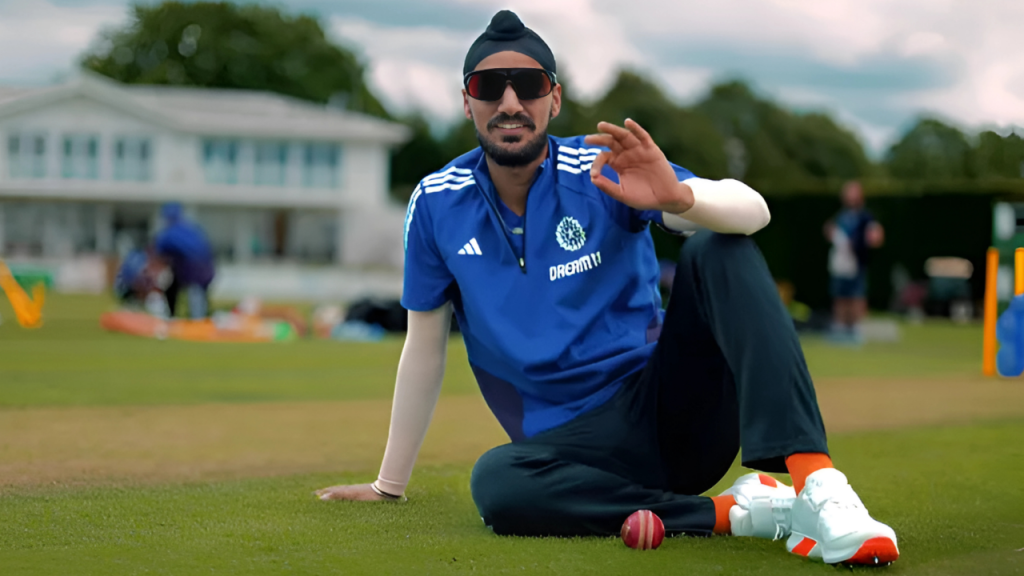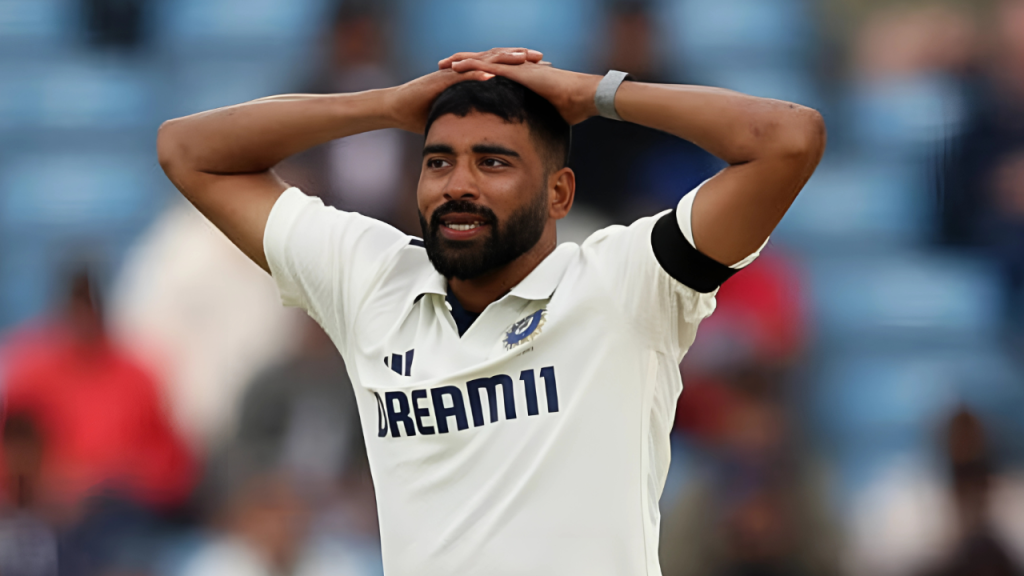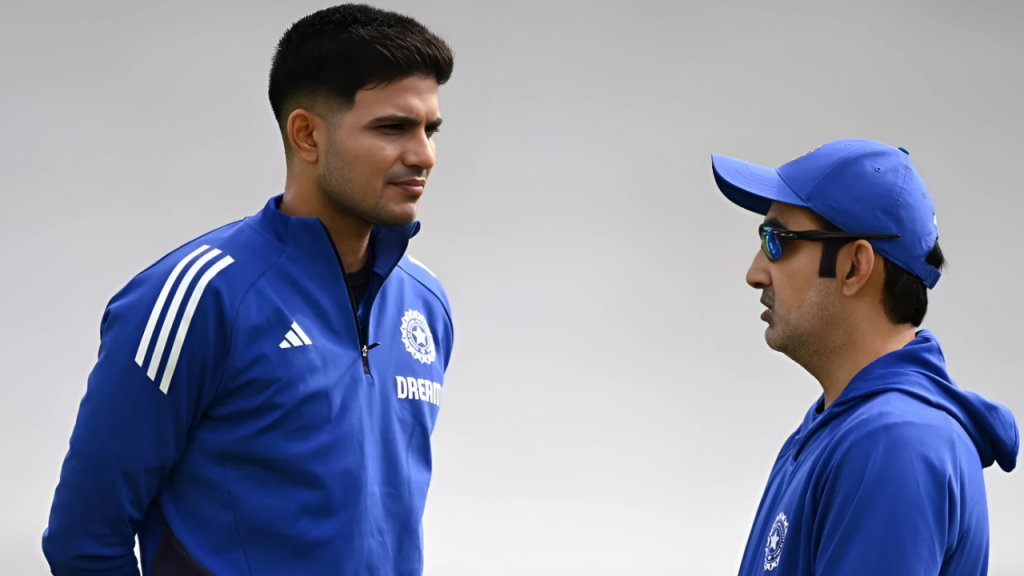CSK vs RCB: 3 Reasons Why Virat Kohli Failed To Get Going – The IPL 2024 season commenced with an exciting showdown between the Chennai Super Kings and the Royal Challengers Bangalore. Prior to the tournament, MS Dhoni handed over the reins of captaincy to Ruturaj Gaikwad, injecting an additional level of anticipation. With a firm decision, RCB captain Faf du Plessis chose to bat first after winning the toss, creating the perfect setup for an intense showdown.
Du Plessis blazed through with an impressive 35 runs off just 23 balls, but RCB encountered a setback as they lost crucial wickets in rapid succession. Among those dismissed were du Plessis himself, Patidar, Kohli, Maxwell, and Cameron Green. However, a truly impressive partnership between Anuj Rawat (48 off 25 balls) and Dinesh Karthik (38 off 26 balls) breathed new life into RCB’s innings, resulting in a formidable total of 173 for 6 in 20 overs.
Virat Kohli’s comeback to cricket following a personal break heightened the excitement, yet he fell just shy, managing to score only 21 runs off 20 deliveries. Nevertheless, CSK impressively achieved their target, successfully chasing down the target in just 18.4 overs. Newcomer Rachin Ravindra (37 off 15 balls), Ajinkya Rahane (27 off 19 balls), and Daryl Mitchell (22 off 18 balls) made valuable contributions, while Shivam Dube (34 not out off 18 balls) and Ravindra Jadeja (25 off 17 balls) secured the victory for CSK in impressive fashion.
CSK vs RCB: 3 Reasons Why Virat Kohli Failed To Get Going:
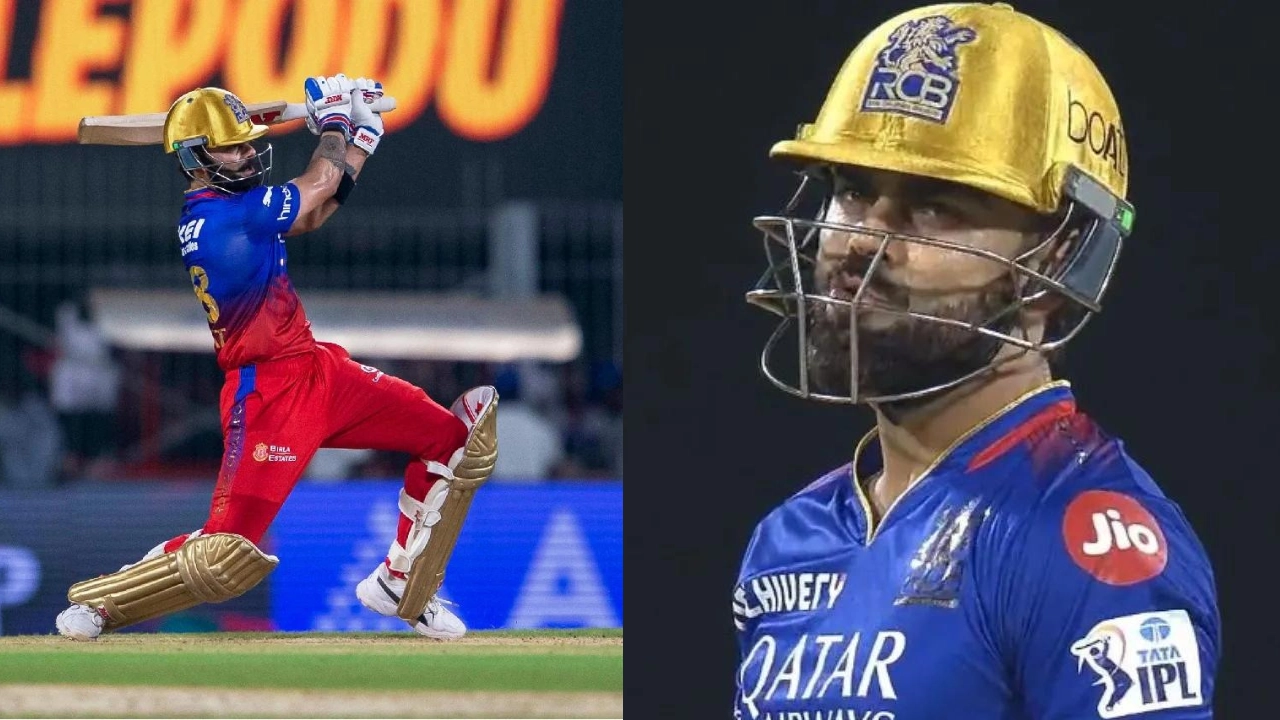
The lacklustre performance of Virat Kohli in the first match of the Indian Premier League 2024 between the Royal Challengers Bangalore and the Chennai Super Kings has generated debate among cricket fans. Throughout the match, Kohli had trouble finding his rhythm during batting due to the three reasons:
Lack of match practice:
For starters, Kohli’s form took a nosedive when he took a two-month vacation from competitive cricket. Hr has played just two Twenty20 matches played in the previous year and his latest appearance being in January, Kohli did not have the match practice necessary to maintain his batting flow. Because of the high-pressure nature of Twenty20 cricket and the need of quick thinking under pressure, players who don’t get enough game experience may find it difficult to hone their timing and rhythm.
Successive fall of quick wickets
Also, RCB was experiencing a rough patch as Kohli’s innings started, with wickets falling at the opposite end of the wicket-taking spectrum in quick succession. After losing key players like du Plessis, Patidar, and Maxwell in quick succession, Kohli had to steady the innings in the face of the deluge of dismissals. Since wickets were falling at an alarming rate, the onus was on Kohli to steady the batting effort and save the innings whenever it seemed like it was going off the rails.
Less strike during the powerplay:
Even during the powerplay, Kohli had little chances to settle into his innings. As a result of RCB opener Faf du Plessis’s dominating strike and blazing attack on the CSK bowlers, Kohli faced less deliveries in the first overs. Since there were less scoring possibilities for Kohli, he may have lost his touch and steam as the innings went on since he couldn’t establish his authority early on.
